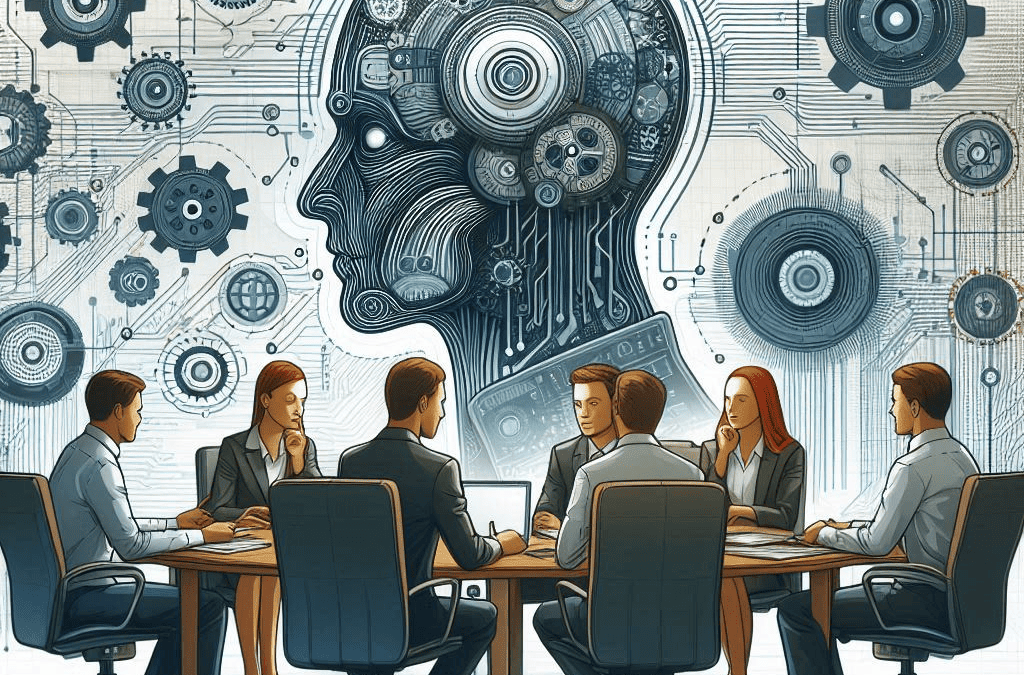The Pressure Is On
- Automated candidate screening: Instantly filter unqualified résumés, cutting manual review times by up to 75%.
- Predictive hiring models: Identify future high-performers or “culture adds” based on existing employee data.
- HR automation software: Streamline interview scheduling, follow-ups, and background checks.
1. Speed & Efficiency
One of AI’s biggest selling points is its ability to streamline your entire recruitment process.
- Automated candidate screening ensures you focus on the crème de la crème.
- Virtual recruitment tools handle initial interactions, answer FAQs, and free up recruiters to focus on meaningful engagement.
2. Accuracy & Data-Driven Insights
- Data-driven recruitment strategies minimize gut-feeling decisions.
- HR predictive analytics can forecast who’s likely to succeed in your unique work environment, reducing turnover.
3. Improved Candidate Experience:
- Video interview AI can offer structured interview questions tailored to each role, making the process faster and more engaging.
- Automated follow-up emails and timely status updates ensure candidates feel informed, respected, and more inclined to accept your job offer.
- Long hiring cycles? Focus on HR automation software and AI-driven candidate screening.
- Struggling to predict cultural fit? Look into predictive hiring analytics that measure personality traits and team compatibility.
- Look for vendors specializing in your industry (e.g., IT vs. finance).
- Ensure they offer features like intelligent resume parsing, virtual recruitment tools, and robust data reporting.
- Educate recruiters on interpreting AI-generated insights.
- Start small—maybe test AI in recruitment for one department or role before rolling it out company-wide.
- Collect feedback from candidates about their experience with your process.
- Monitor metrics like time-to-hire, offer acceptance, and new-hire performance. Tweak your approach or retrain AI models as needed.
Myth: AI Replaces Human Recruiters
In reality, AI takes the load off repetitive tasks so recruiters can build meaningful relationships with top candidates. It doesn’t replace the nuanced, empathic aspects of hiring—it amplifies them.
Myth: AI Is Too Expensive for Small Companies
While some systems can be pricey, there are scalable recruitment process optimization tools designed for startups. A small investment can pay off big when you consider reduced turnover and faster hires.
Concern: AI Bias
As mentioned, AI can inadvertently absorb historical hiring biases. Regular audits, diverse data sets, and working with reputable developers who prioritize fairness can mitigate these risks.
Conclusion & Key Takeaways
- Speed, accuracy, and improved candidate experiences are among the biggest wins.
- AI bias remains a concern, but responsible usage can reduce overall prejudice compared to purely human-led processes.
- Starting small, training your team, and consistently refining your data and algorithms can turn AI into a permanent advantage.
Actionable Reminders:
Join the Conversation!
We’d love to hear your thoughts. What strategies have worked best for you in adopting AI without losing the human touch? Drop a comment below or share this post with your network and tag your HR friends. And if you’re eager for more insider tips, subscribe to our newsletter for fresh updates on the latest in talent acquisition technology and predictive hiring analytics.
